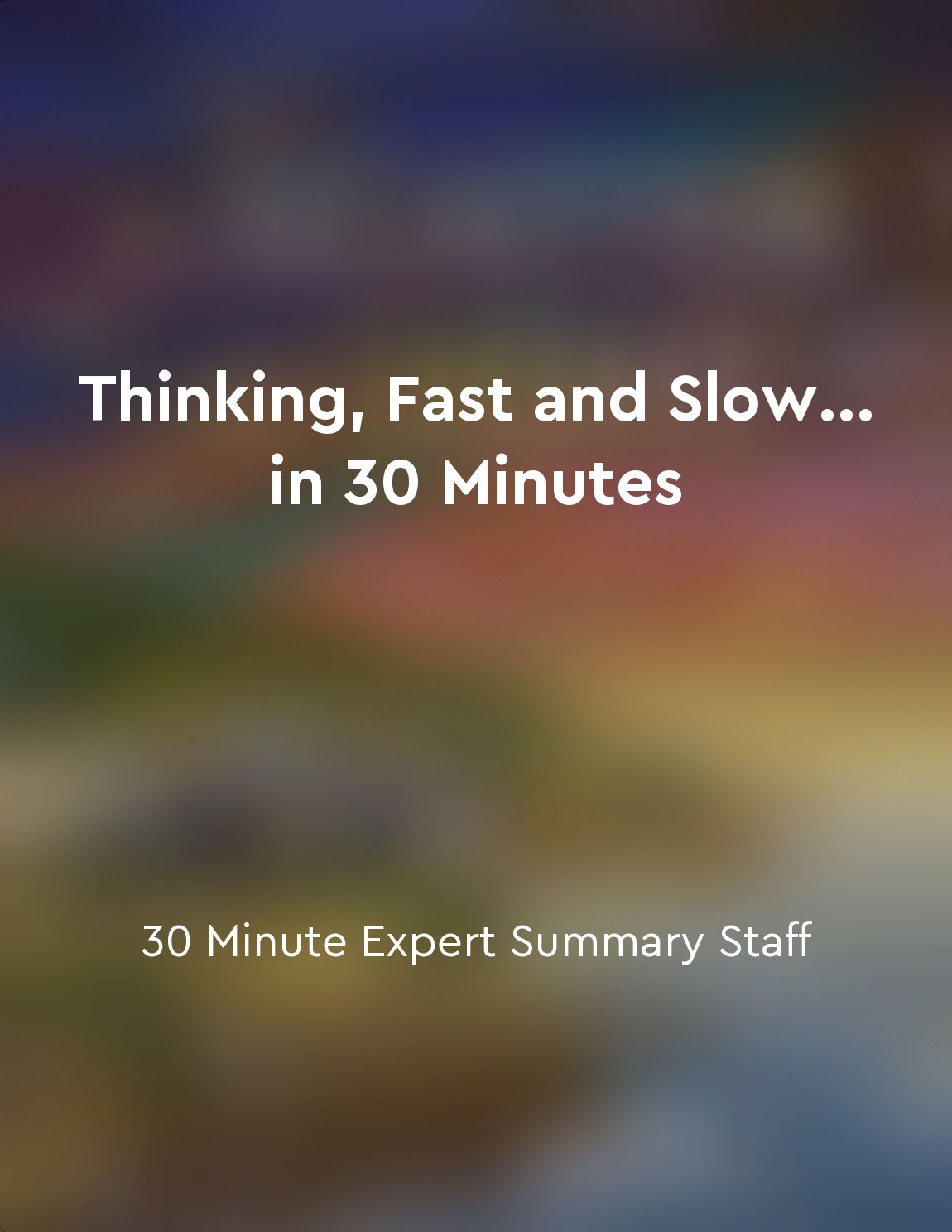Regret aversion can prevent investors from making necessary changes to their portfolios from "summary" of The Little Book of Behavioral Investing by James Montier
Regret aversion is a powerful force that can hold investors back from making vital changes to their portfolios. This phenomenon occurs when investors fear the regret they will feel if they make a decision that turns out to be wrong. This fear of regret can cause investors to stick with their current investments, even when those investments are no longer serving their best interests. Investors may hold onto losing investments because they are afraid of admitting they made a poor choice in the past. They may also avoid selling winning investments because they fear missing out on future gains. In both cases, regret aversion leads investors to maintain the status quo, even when it is not in their best financial interest to do so. Regret aversion can be particularly problematic when it prevents investors from rebalancing their portfolios. Rebalancing is a crucial aspect of portfolio management, as it helps investors maintain their desired asset allocation and manage risk. However, the act of rebalancing often involves selling assets that have performed well and buying assets that have underperformed. This can trigger feelings of regret if the investments being sold continue to perform well after the sale. Investors who are averse to regret may find it challenging to make the necessary changes to their portfolios. They may delay taking action, hoping that the situation will resolve itself without their intervention. However, this inaction can lead to missed opportunities and increased risk in the long run. To overcome regret aversion, investors must focus on making decisions based on their financial goals and risk tolerance, rather than on their emotional reactions. By staying disciplined and sticking to a well-thought-out investment plan, investors can avoid the pitfalls of regret aversion and make the changes needed to achieve their long-term financial objectives.Similar Posts

Develop critical thinking skills for strategic decisions
To make strategic decisions, it is essential to develop critical thinking skills. This means being able to carefully analyze in...

Two systems of thinking: fast and slow
In our daily lives, we rely on two distinct systems of thinking that operate in different ways. The fast system is intuitive an...
Educate yourself about the various investment options
To make wise investment decisions, it is essential to have a deep understanding of the different options available to you. By e...
Hedge funds use alternative strategies to generate returns
Hedge funds employ a variety of strategies that differ from traditional investment approaches in order to achieve returns that ...
Understand the difference between investing and gambling
Investing and gambling are often viewed as similar activities, but they are fundamentally different in nature. Investing involv...
Dollarcost averaging smooths out market fluctuations
The idea behind dollar-cost averaging is that if you consistently invest a fixed amount of money at regular intervals, you can ...
Analyze the competitive landscape thoroughly
In examining the competitive landscape, it is imperative to delve deeply into the dynamics of the industry in which a company o...

Continuously educate yourself
One of the most important lessons that my rich dad taught me was the idea of continuously educating yourself. He believed that ...
Automate savings
Automating savings is a simple concept that can have a profound impact on your financial well-being. It involves setting up a s...
Consider longterm growth prospects
When looking for potential investments, it's essential to think long term. What matters most is the future prospects of a compa...
